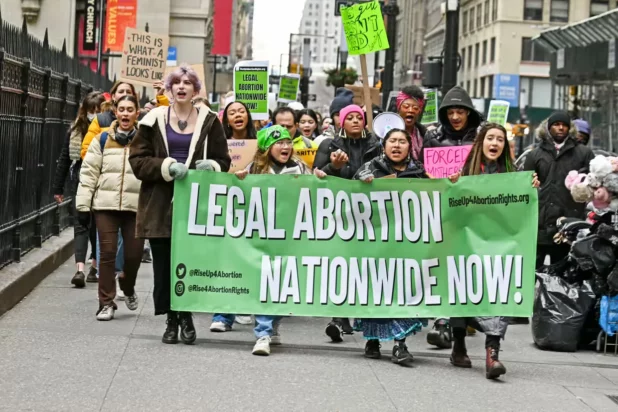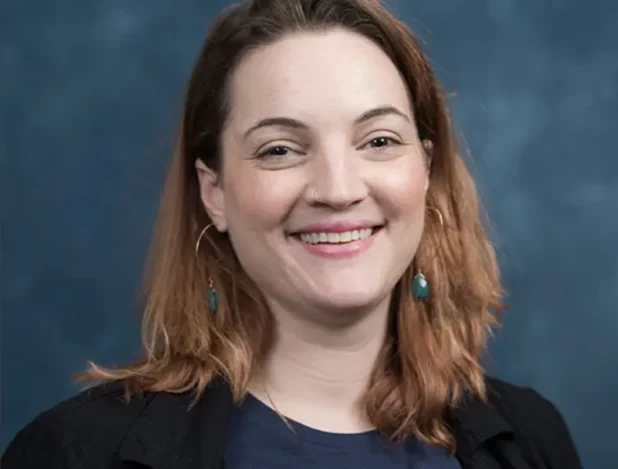I thought they already had limitless abortions with Roe?
They want even more extreme abortion?
It’s almost like white women simply enjoy murdering children.
They act like a bunch of Jews, frankly.
Since the devastating loss of Roe v Wade, the abortion rights movement has seen historic levels of support for its cause, particularly through major victories on state ballot initiatives, with more expected this November. But as advocates move to re-enshrine the right to abortion at the state level, a struggle has emerged over whether to reproduce Roe’s legal framework – or go further.
Roe v Wade, which was decided 51 years ago on Monday, protected the right to abortion until fetal viability – the point at which a fetus can survive outside the uterus – which is widely accepted to be at roughly 24 weeks. A number of ballot campaigns slated for November seek to bring back that standard – but a group of advocates is banding together to declare that the broader movement is engaging in harmful compromises when it could instead use the momentum to push for “clean” policies that don’t draw a strict limit to abortion access.
“There is an enormous amount of pressure being put on leaders across states to run ballots whether they are good or bad,” said Bonyen Lee-Gilmore, vice-president of communications at the National Institute for Reproductive Health (NIRH), an advocacy group that is leading an effort to push the abortion rights movement to go beyond the Roe framework.
The group has joined forces with several other organizations to create an entity called the Learning and Accountability Project (LAP), that fights for what they call “clean” measures. The coalition plans to conduct polling and research to fight for expansive policies, such as ensuring insurance coverage for abortions, and allowing minors to obtain abortions without parental consent. They also plan to create education campaigns about the problem with viability.
Pamela Merritt, executive director of Medical Students for Choice, said this was an opportunity to avoid past mistakes. “We don’t have to recreate [Roe],” she said. “We don’t have to do this.”
The supreme court enshrined viability as a legal compromise in Roe to balance the rights of pregnant women against the state’s interest in potential life. But the viability line, advocates say, left behind people who need later abortions and set the stage for Roe’s downfall: anti-abortion activists argued it was an arbitrary standard in the case that overturned the seminal decision.
The as-yet-unnamed project also includes the Society for Family Planning, Medical Students for Choice, Colorado Organization for Latina Opportunity and Reproductive Rights (Color), the advocacy group Patient Forward; DuPont Clinic; and the abortion provider Dr Colleen McNicholas.
Restrictions on reproductive healthcare have never been evidence-based, said Dr Jenni Villavicencio, interim director of public affairs and advocacy for the Society for Family Planning and an all-trimester abortion provider. “Having the government and politicians who are not scientific experts come in and tell us how to provide essential healthcare is inappropriate and doesn’t work,” she said.
Dr. Jenni Villavicencio
People need abortions later in pregnancy for various reasons, including new medical diagnoses, delays in care caused by abortion restrictions and clinic closures, financial barriers such as a lack of paid time off or childcare, and simply discovering their pregnancies late.
It’s a nasty thing, these whores.
Imagine if men were protesting in the streets saying to kill infants.
Imagine if anyone other than women and Jews were marching through the streets talking about how they have a right to murder as many children as they want.
Those two groups do it and everyone thinks it’s very normal and obvious that they would be doing that. If someone else did it, people would think it was really disgusting and creepy.





